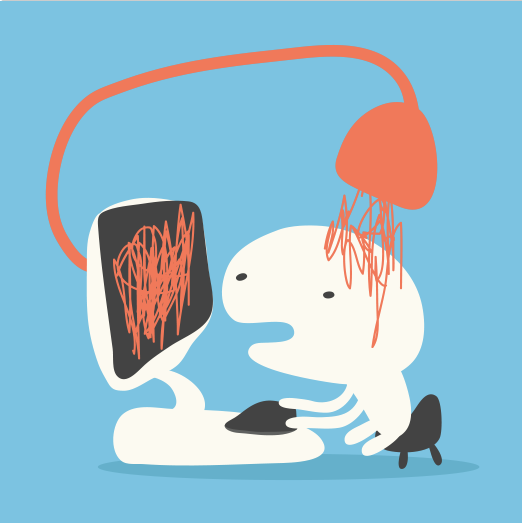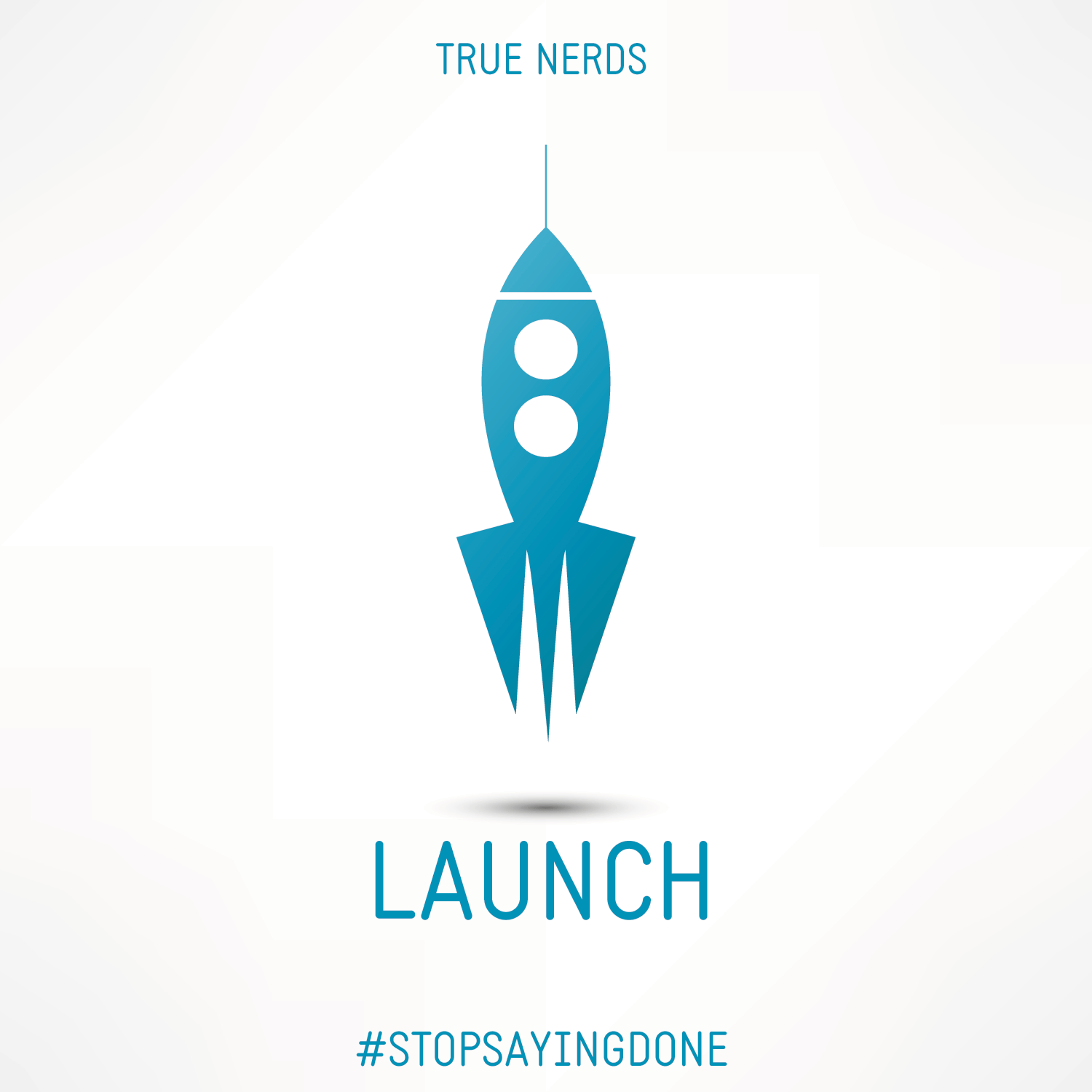
Adwords Addict
March 27, 2014
Step 1. You are reading this.
This is an intervention for your addiction to “AdWords.” From the geniuses of Google, advertisement words seem harmless. When used correctly, they can have a enormous positive impact on your business.
Location, location, location has been the principal marketing gold secret for brick and mortar stores. Conversations echoed the same message: “If you paid top dollar for an incredible location on a busy street, your business will have a better chance of succeeding.” Today, with online business presence being a necessity, many flock to AdWords to drive customers to their sites through searchable keywords. Through popular search engines such as Google, web users search terms and phrases to find online links to connect themselves to their hearts’ desire. A portal exists through Google in which businesses can pay for search terms and key words that would prominently link their sites in the advertisement section as a top find before all the other sites. Therefore, this would position the business at a highly visible premier spot resulting in invaluable attention to the business.
Voila! Your business is number one! The addiction begins. A euphoric feeling of success is released as business owners see their sites rank as number one. Then come the reports that show the numbers of users who are clicking to their site—it’s like magic! There is a price, however, depending on your chosen keywords and how many other businesses are also paying for those same words: now begins the bidding war! Some become attached to “their words” because they might have had them first, before they were not as costly as they are now. More and more business want them too, so the price tag goes up, as the number of users clicking on these keywords determines the monthly bill’s price tag.
Sometimes the cost is too high, and it becomes too burdensome for the business, so it is then forced to “turn off” the AdWords. This is when owners realize there is zero traffic coming to their sites: business seems to have come to a halt. There is no other choice but to turn back on the AdWords. Questions and more contemplation on whether this is all worth it continue. More money going out, and money coming in, but is there any profit being earned? How much of your business depends on AdWord traffic?
Important factors to think about if this sounds like it could be YOU.
1. Is your site mobile friendly?
Many are paying top dollar for users to come to their sites; however, most users are visiting from a mobile device and are therefore not able to fully browse, so they LEAVE. Check your analytic bounce rates.
2. When was the last time you updated your site?
Does your site look the same as it did five years ago? Yes, plenty of business shell out a great deal of cash to make their sites mobile friendly; however, businesses keep the desktop version the same (to save money), and because it was designed years ago, critical success factors could be missing on both the mobile and desktop versions.
3. Location. Location. Location. (I can’t stress this enough.)
Check out your online competitors. Location is not about where your business is actually located anymore; it’s about how your website looks and feels. Sites can give off a feeling—a feeling of wanting to explore and click away or a feeling like this site is going to steal my credit card information. Your website is your online location to users who are never going to visit your actual location. Your site is the only location that users may ever see. You can have the biggest, fanciest office space building and a website that is from the 1990s, but your competitor who is working from a remote location no one would ever drive to may have an up-to-date, eye-pleasing site. Check the numbers and see your competitors’ page ranks. Are your competitors paying for AdWords as well? Are their sites coming up on the searches for free? Yes, for free—imagine your site coming up as a top search for free.
Using AdWords safe and effectively
Know your friends:
Google is not trying to put businesses out; it offers many great tools to help businesses utilize its services. One great example is Google Trends. This function allows you to search and compare word terms’ popularity for free. Users can search terms and compare online popularity. Just as with Google search, you type in two words that mean the same thing and hit enter, and Google gives you valuable user search data. For example, you can search two different words that mean the same thing; however, you find that one word is used in searches 80 percent more than the other is. Your site is all about 20 percent wording; that is an excellent indicator that your site needs some copy refreshing.
Say cheese:
Are your site photos high-resolution photos? If you decide to switch out old photos with high-resolution ones, it’s a great idea to consider paying for professional photos thorough a photo service such as Photostock, which could give your site a complete makeover.
Webmaster sometimes can be a web disaster.
This one is always a sensitive subject. Many businesses are paying fees every month to a webmaster; however, these webmasters are not keeping the sites up to date. The cost per year, or sadly just over a few months’ time, could pay for a completely revamped site with added features. Webmaster fees years ago were fairly steep. Now you can get more for your money by using new companies hungry to work their fingers to the bone to design websites from the perspective of the USER. Wow, a website designed completely based on the mindset of your online visitors’ having a great experience—think about the possibilities of your users’ wanting to come back and see what’s new or, even better, share your site with their friends.
You are not alone. Use search engines for your benefit. There is much to learn about making your website a success and growing your business by using online tools. The first step is educating yourself on the many options available and being able to let go of your site.



No Comments